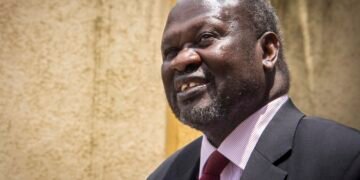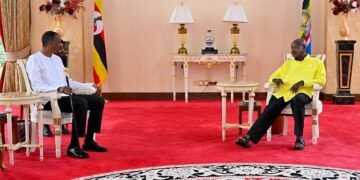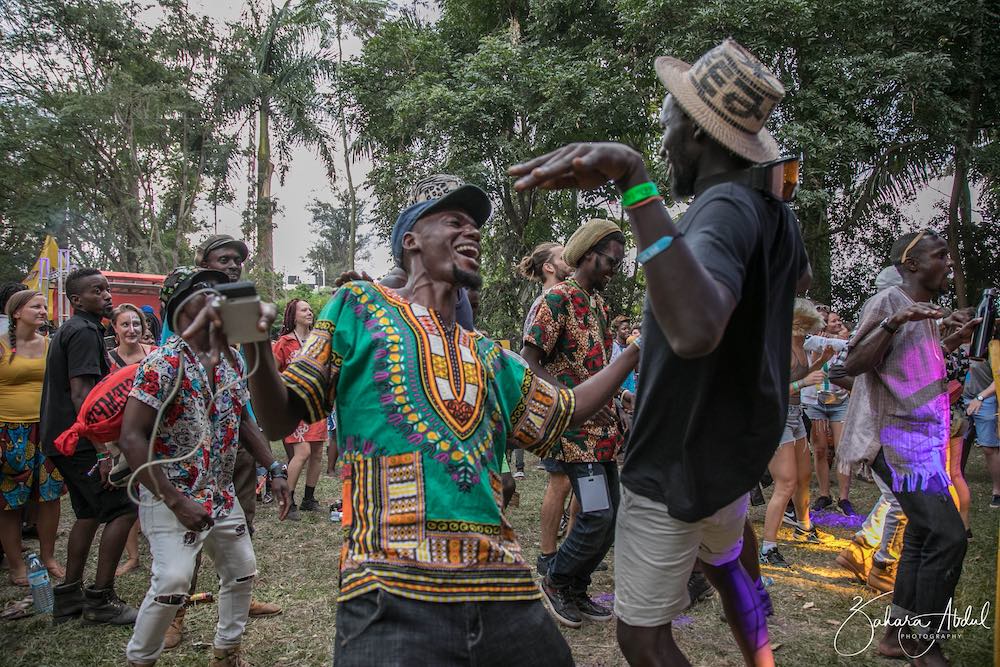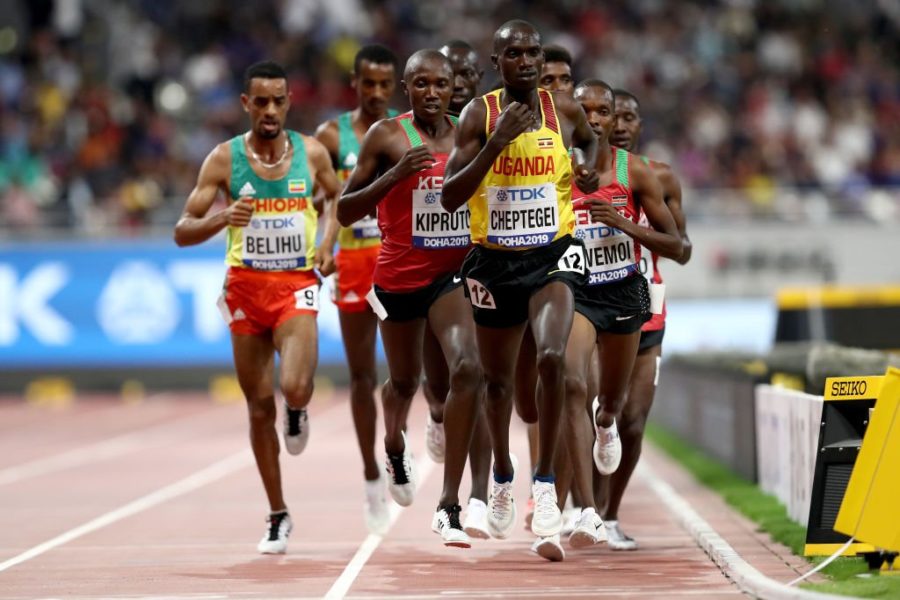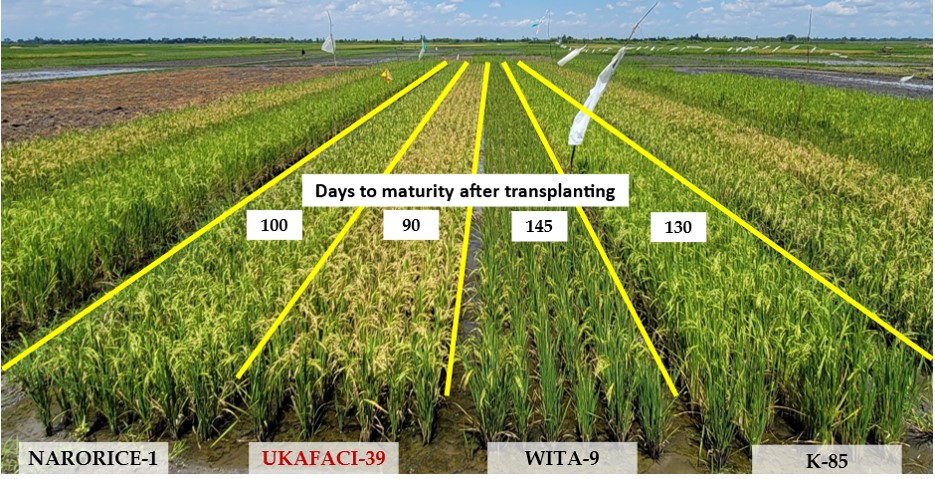An art of intelligence, trustworthiness, humaneness, courage and discipline to enact social influence in the accomplishment of a common task describes leadership. “Reliance on intelligence alone results in weakness, fixation on trust results in folly, dependence on strength results in violence, excessive discipline and sternness in command results in cruelty. When one has all the five virtues together each appropriate to its function then one can be a leader”, Sun Tzu.
After the decline of the proxy wars of the United States, the Cold War, Apartheid and post-colonial trauma, a new generation of Africa leaders was anointed promising to transform the continent, dubbed the African Renaissance, contrasting the Big Man Syndrome an autocratic rule system for the past two decades of post-independence Africa. Was this the promised generation of African leadership to fend off neo-colonialism?
Neo-colonialism still has a great effect on the continent in the political, social and economic aspects evincing beyond a reasonable doubt that leadership on the Dark Continent is indistinguishable from the rest of the world. Leadership styles; autocracy, democracy, laissez-faire and narcissism to mention but a few, have proven beyond doubt the similarity in leadership.
Autocracy known as dictatorial rule has seen leaders; Field Marshall Idi Amin of Uganda being compared to Adolf Hitler of Nazi Germany, quite a resemblance in the grotesque way of ruling. This type of leadership is believed to have been described as early as the 16th Century where in Niccolo Machiavelli’s great masterpiece “Prince” he agrees that it is better to be feared than to be loved.
Democracy where people have a say in the country’s decision making in the country, believed to be a rare sight in the continent has been displayed in countries like Tanzania by great leaders; Julius Nyerere a mirror of the J.F.Kennedy democratic reign in the United States of America. Herein hierarchical system under which the United Kingdom is governed under Queen Elizabeth II is identical to King Mswati III of Swaziland, and also is still evident in Uganda with tribal leaders like Kabaka Ronald Muwenda Mutebi II of Buganda Kingdom.
Narcissism, a leader is self-centred, egoistic in nature with desire to amass wealth for his own benefit, has seen Africa produce Mobutu Sese Seko Kuku Ngbandu wa Zabanga who amassed wealth in the 20th Century from Zaire through economic exploitation and corruption which is identical to the Saddam Hussein reign of Iraq. Queer for you?
Furthermore the economic aspect evinces that African economies are dependent on the Western economies for development. Many an African leader have requested for aid from developed economies for development of our third world countries which is tied in many prospects henceforth bending the belt according to the waist economically speaking. A deflection in the law governing the aid granted has seen many an African country, Zimbabwe in focus suffer the tumultuous edge of the knife due to the resistant and defying leader they have in Robert Mugabe.
In addition the social aspect, is way beyond query that African social leadership is a mirror of Western influence. Our leaders have assimilated completely starting from the dress code to the luxuriant style of living in the gleek well-furnished storeyed buildings; a State House with many a structure in resemblance to the Olympus. Assimilation was used by Belgium in its colonies like Belgian Congo which up to now has a standing effect on the population.
In advocacy, the outbreak of the second Congo War and the Ethiopia-Eritrean war in which many of the new generation of African leaders have warred against each other, optimism has been lost. Many of the leaders have failed to deliver adequate democracy, peace and development with an inclination to cling to power perspectival in focus; the fallen, Colonel Muammar el Gadhafi of Libya, Laurent Kabila of the Democratic Republic Of Congo, Yoweri Kaguta Museveni of Uganda and the latest entrant Pierre Nkurunziza of Burundi, how does this differ from Saddam Hussein of Iraq, Bashar al Assad of Syria; all have one common characteristic. The inclination to cling to power describes all this leaders north of the Limpopo.
The recent Xenophobic acts in South Africa sparked by an African tribal king Goodwill Zwelithini is clear signatory to the racist apartheid movement practised by the British and Dutch Boers summing it up with racism in the Western world.
How can this not be convincing enough that leadership is identical in character whether from born or made one? What differs leaders in this modern era of the 21st Century, second millennium is the determination and drive, cognitive capacity for decision making adapting to the continuously changing environment such characters and charisma were possessed by Abraham Lincoln, Patrice Lumumba, Julius Nyerere to mention but a few.
The evidence is overwhelming, leading in Africa, beyond reasonable doubt is a parabolic state of affairs identical to the Western motif under the tutelage of the rest of the World.




